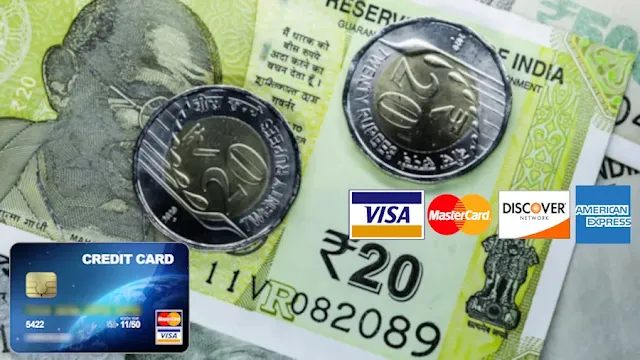Bringing your favorite snacks or food items to India can make your trip feel like home or let you share unique flavors with loved ones. However, India’s customs regulations are strict, and knowing the rules is key to avoiding trouble. I learned this the hard way when I tried bringing a suitcase full of homemade cookies and fresh apples from the USA for my family in Delhi. The cookies were fine, but the apples were confiscated at customs due to agricultural restrictions. This experience taught me to research thoroughly, and now I’m sharing these insights to help you travel smarter!
Table of Contents
Choose Non-Perishable and Commercially Packaged Items
Non-perishable and commercially packaged food items are generally allowed for personal consumption. This includes packaged snacks, candies, canned goods, dry fruits, spices, and condiments. Ensure the packaging is intact and unopened, as customs officials may inspect for safety and compliance.
Declare Your Food Items
To avoid issues, declare all food items on the customs declaration form. Be transparent about the contents of your luggage, providing details about the food products. Honesty prevents penalties or confiscation.
Pack Securely in Original Packaging
Keep food items in their original, factory-sealed packaging to demonstrate they are commercially produced. If repacking is necessary, label items clearly to avoid suspicion during customs checks.
Be Mindful of Quantity
Stick to reasonable quantities for personal consumption. Large amounts may be flagged as commercial imports, leading to additional duties or confiscation.
Cooperate with Customs Officials
During inspections, provide accurate information and follow instructions from customs officials. Being polite and cooperative can streamline the process and minimize delays.
What’s Generally Restricted or Prohibited
Certain items face strict restrictions due to health and agricultural concerns:
- Fresh Fruits and Vegetables: Prohibited to prevent introducing pests and diseases.
- Meat and Poultry: Fresh or processed meat products are often restricted.
- Dairy Products: Fresh or unpasteurized dairy may be restricted.
- Certain Seeds and Plants: May require special permits.
Important Considerations
Here are key tips to ensure compliance:
- Declaration: Always declare food items, even if unsure of their status.
- Packaging: Use original, factory-sealed packaging whenever possible.
- Quantity: Keep amounts reasonable to avoid commercial import scrutiny.
- Airline Regulations: Check your airline’s rules for food in carry-on or checked baggage.
- Customs Regulations: Review the latest rules on Delhi Airport’s official website.
Frequently Asked Questions
Can we carry food from the USA to India?
Yes, non-perishable, commercially packaged food items like snacks, candies, and dry fruits are generally allowed for personal use. Declare them at customs.
Can we carry food from Europe to India?
Similar to the USA, non-perishable, commercially packaged foods are permitted. Always check for specific restrictions and declare all items.
What food is prohibited to bring into India?
Fresh fruits, vegetables, meat, poultry, unpasteurized dairy, and certain seeds are typically prohibited due to agricultural and health concerns.
Is food allowed in checked baggage in India?
Yes, non-perishable food in original packaging is allowed in checked baggage, but declare it to customs. Check airline-specific rules.
Can I bring avocados to India?
Fresh avocados are generally prohibited due to pest and disease risks. Opt for packaged, processed avocado products instead.
Can I pack avocados in my checked luggage?
Fresh avocados are not allowed in checked luggage due to agricultural restrictions. Always declare any food items.
Can you bring cheese into India?
Commercially packaged, pasteurized cheese may be allowed, but fresh or unpasteurized cheese is restricted. Declare all dairy products.
Can you bring dry fruits into India?
Yes, commercially packaged dry fruits are allowed for personal use. Ensure proper packaging and declare them.
Can I carry fresh fruits and vegetables to India?
No, fresh fruits and vegetables are prohibited to prevent pest and disease introduction.
Are there any specific restrictions on carrying meat or dairy products to India?
Yes, fresh or processed meat and unpasteurized dairy are restricted. Commercially packaged, pasteurized dairy may be allowed if declared.
Can I carry chocolates to India?
Yes, commercially packaged chocolates are allowed for personal use. Declare them at customs.
What happens if I fail to comply with customs regulations?
Non-compliance can lead to confiscation, fines, or legal consequences. Always follow customs rules to avoid issues.
For more details, check these resources:




















